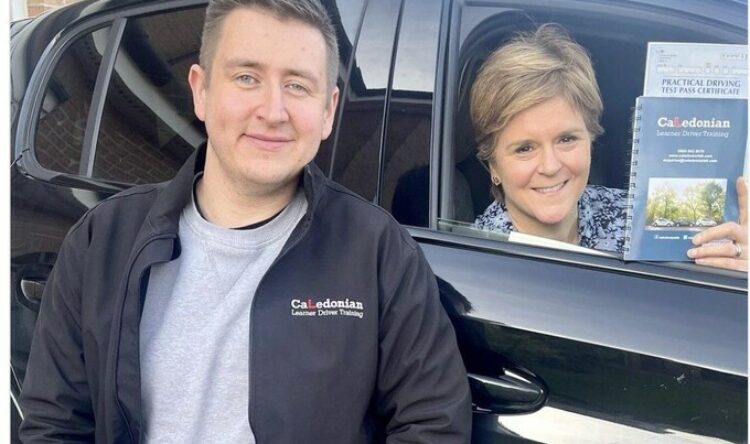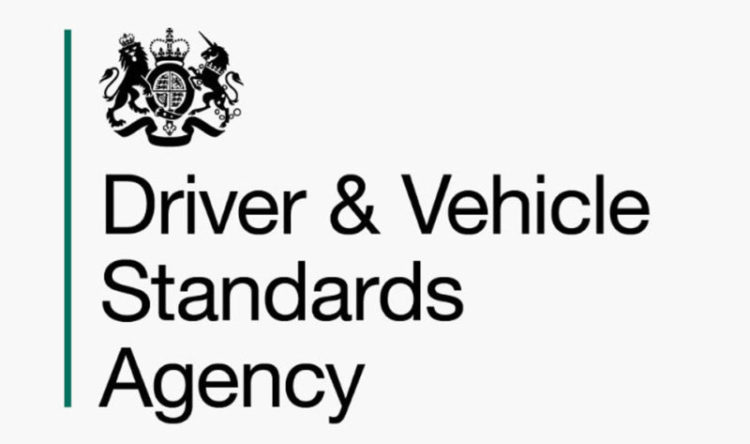No dot com, just confused
Motorists confused by car insurance terminology
Car insurance premiums are rising by over 100% in some parts of the country.
Part of this is undoubtedly down to inflation, but confusion is also causing real problems for policy holders according to Uswitch.com .
They have created a jargon-busting guide to help consumers understand the most confusing terms. Hopefully this will help them get the best cover at the best price when their policy is up for renewal.
What’s that?
The car insurance industry is full of jargon that can be confusing or easily misunderstood. With more than 90,000 combined searches[1]* for ‘write-off’, ‘mileage’, and ‘market value’ on average each month, drivers are often looking to clarify industry-specific language. As a result, it has never been more important to decipher widely misunderstood car insurance terms.
Experts at Uswitch.com identified[2] the average number of monthly global searches related to the definition of each car insurance term or policy, to determine the most confusing terms.
Frequently misunderstood
| Rank | Term | Average monthly
searches worldwide for definition |
| 1. | Write-off | 50,250 |
| 2. | Mileage | 34,430 |
| 3. | Market value | 7,210 |
| 4. | SORN | 5,890 |
| 5. | Black box | 5,370 |
| 6. | Comprehensive car insurance | 3,990 |
| 7. | Act of God | 2,380 |
| 8. | Courtesy car | 1,620 |
| 9. | Classic car | 1,050 |
| 10= | DVLA | 1,020 |
| 10= | Third party car insurance | 1,020 |
| 12. | Voluntary excess | 770 |
| 13. | Statement of fact | 730 |
| 14. | Car insurance excess | 720 |
| 15. | Car insurance premium | 540 |
Source: Uswitch.com
‘Write-off’
The most misunderstood car insurance term worldwide, with an average of 50,250 monthly searches for its definition. This is over four-fifths (88%) more searches than the term ‘SORN’ in fourth place, with 5,890 average monthly searches.
‘Write-off’ and ‘SORN’ both relate to cars being taken off the road. This is either due to an accident, or when a driver decides to register their car as not being used. It could explain why motorists don’t come across the terms often.
Leoni Moninska, insurance expert at Uswitch.com, comments: “If your car has been in an accident or damaged, it will need to be inspected by your insurer to determine if it is safe to drive again.
“If your insurer thinks repairing the damage will cost more than your car is worth, this will be considered a ‘write-off’ and either scrapped or taken off the road for repairs. ”
Mileage
Perhpas surprisingly, this is the second most confusing car insurance term to consumers. Its definition is searched 34,430 times on average each month. ‘n fact it is searched over a quarter (79%) more times than ‘market value’, in third place, with 7,210 average monthly searches.
Mileage is one of many factors car insurance companies use to set car insurance premiums, so it is key for motorists to understand what it means.
Leoni says: “Mileage refers to the number of miles your vehicle has travelled in its lifetime”. a
“If you have high annual mileage, you can typically expect to pay a higher premium on any car insurance policy. This is because the more you drive, the more likely you are to be in an accident and make a claim on your car insurance.”
Market value
Third in the list worldwide, with an average of 7,210 monthly searches aiming to understand the term. This is almost double (44%) the number of searches for ‘Comprehensive car insurance’ in sixth place, with 3,990 average monthly searches.
Interestingly, both write-off and market value, which typically relate to damaged vehicles, are in the top three most confusing car insurance terms.
With figures suggesting there are approximately 126,247 collisions in the UK each year, and a serious collision every 16 minutes, it is key for motorists to understand these phrases.
If a car has been written off, your insurer will usually offer the market value rather than the cost of repair because it’s cheaper. As Leoni points out: “This is the amount your vehicle would have been worth, or sold for at a reputable dealership, just before it was damaged.”
SORN
With SORN vehicles rising by 259,000 in 2020, it may be surprising that ‘SORN’ takes fourth place. There are 5,890 average monthly searches for its definition. This is almost two-thirds (59%) more searches than the term ‘Act of God’ in seventh place — with 2,380 monthly searches — which refers to any event that occurs through natural causes which typically can’t be avoided, such as floods or earthquakes.
“‘SORN’ stands for statutory off-road notification,” say Leoni. “Once you declare a car that a car is SORN, it means that you are confirming your vehicle will be kept off the road. If you own a vehicle you no longer drive on a public road, you can legally avoid paying tax so long as you complete a SORN.”
‘Black box’
Tye modern insurance option is the fifth most widely misunderstood car insurance term – 5,370 average monthly searches. This is despite the fact that there are more than one million drivers with a black box insurance policy in the UK. This is more than five times (81%) the number of searches for the term ‘third party car insurance’ in tenth place, which refers to the minimum level of car insurance legally required.
“Telematics insurance, which is often referred to as black box cover,” states Leoni. “It is a device which is fitted into your vehicle to record your driving behaviour. This is to prove to insurers that you can drive safely and reduce the cost of your insurance.
The black box also acts as a GPS system which tracks your location and can be used to find your car if it is ever lost or stolen, and to verify claims in an accident. In the event of an accident, the black box holds data which can be used to tell how fast you were going, the impact force and what time and where the accident took place. This can help build up a case with your insurer for a non-fault claim.”
Read more
You can read Uswitch’s full dossier here.







